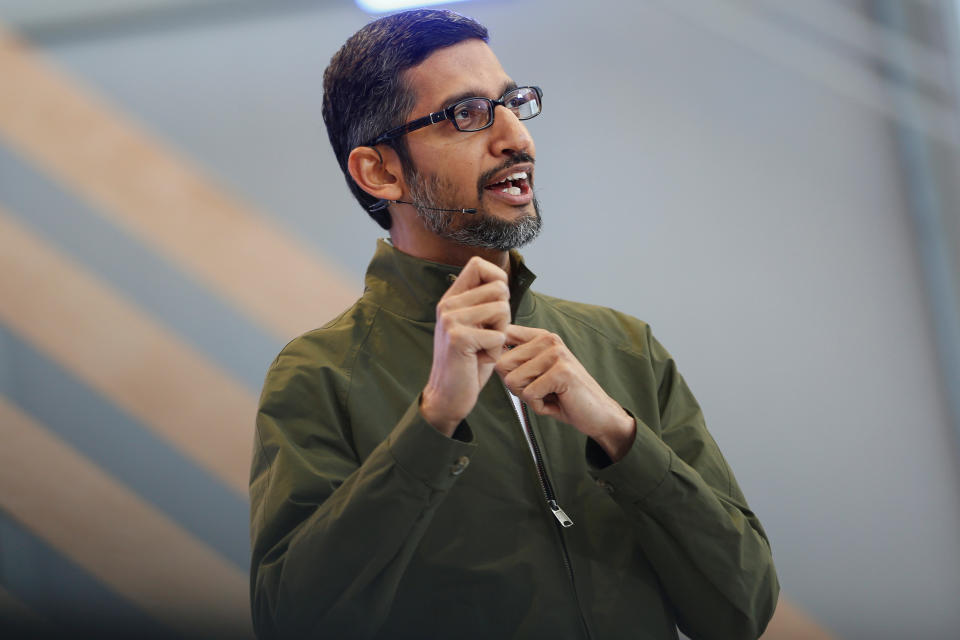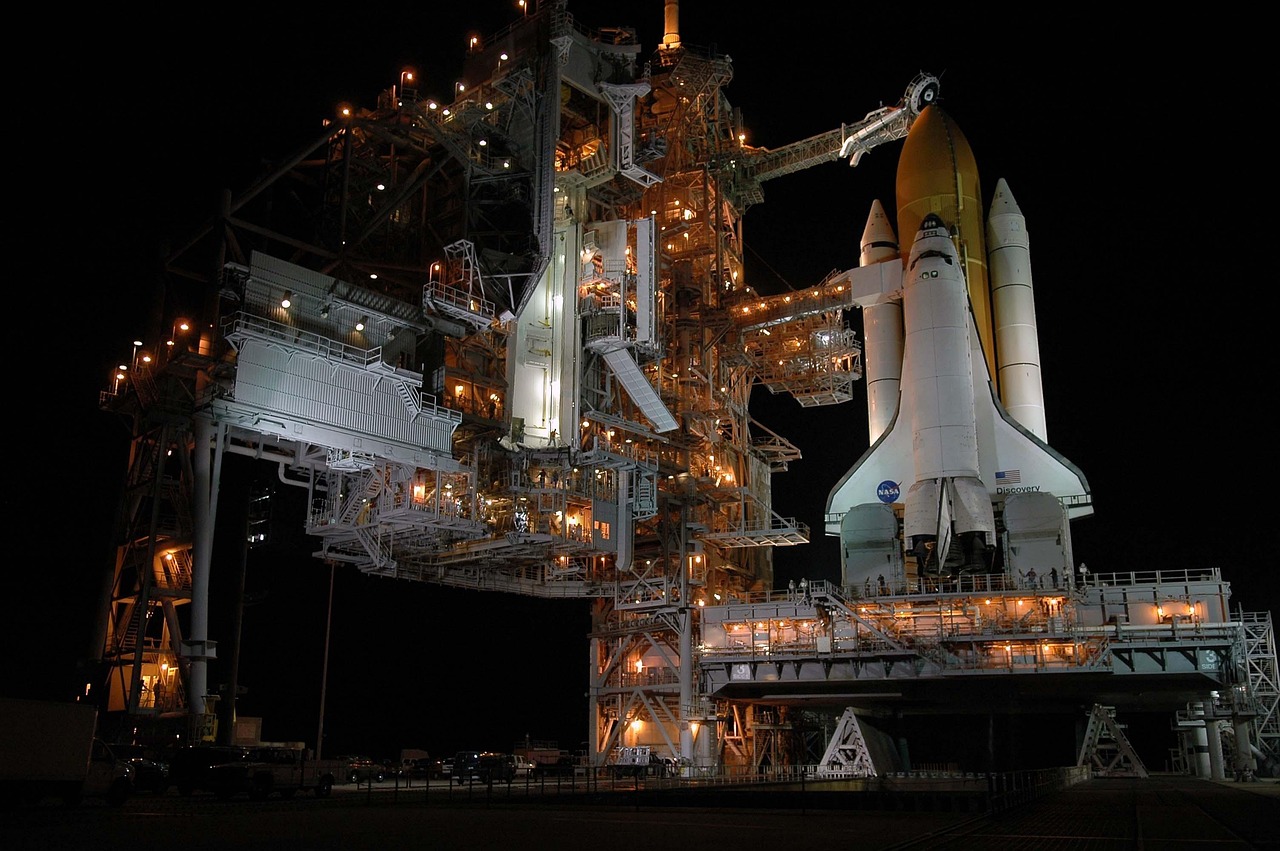NFT Concert Archive Platforms: Revolutionizing the Preservation of Live Music

In recent years, the evolution of blockchain technology has paved the way for a variety of applications across different sectors. One of the most intriguing developments is the rise of NFT (Non-Fungible Token) concert archive platforms, which offer a revolutionary approach to preserving and accessing live music performances. As the music industry continues to grapple with the challenges of digital transformation, these platforms present a unique solution by leveraging the immutable and decentralized nature of blockchain technology.
At their core, NFT concert archive platforms utilize blockchain to create and manage digital assets that represent ownership and authenticity. These platforms allow artists, event organizers, and fans to tokenize live music performances, thereby creating a permanent and verifiable record of musical events. This technology not only preserves the cultural significance of live performances but also opens up new revenue streams for artists by enabling them to monetize their work in innovative ways.
The Mechanics of NFT Concert Archives
NFT concert archive platforms operate on blockchain networks, most commonly Ethereum, which provides a secure and transparent ledger for transactions. Each recorded concert or musical event is minted as a unique NFT, encapsulating metadata that includes details about the performance, such as the date, location, setlist, and even high-quality audio or video recordings. These tokens can then be bought, sold, or traded on various NFT marketplaces.
The use of smart contracts, self-executing contracts with the terms of the agreement directly written into code, ensures that the rights and royalties associated with the NFT are automatically managed and distributed. This feature significantly reduces the need for intermediaries, ensuring that artists receive their due compensation more efficiently and transparently.
Global Context and Adoption
The adoption of NFT concert archive platforms is gaining momentum worldwide as artists and fans alike recognize the benefits of this technology. In the United States, major artists and bands have begun experimenting with NFTs to offer exclusive concert footage and memorabilia. Meanwhile, in regions like Europe and Asia, music festivals and live events are increasingly incorporating NFTs to enhance fan engagement and provide unique experiences.
Moreover, NFT platforms are particularly appealing in markets with a strong digital infrastructure and tech-savvy audiences. Countries such as South Korea and Japan, known for their advanced technological ecosystems, are witnessing a surge in NFT-related activities, with local artists and producers exploring new ways to leverage these digital assets.
Challenges and Considerations
Despite the promising potential of NFT concert archive platforms, there are several challenges and considerations that stakeholders must address. Firstly, the environmental impact of blockchain technology, particularly the energy-intensive nature of proof-of-work networks like Ethereum, remains a significant concern. Efforts are underway to transition to more sustainable models, such as proof-of-stake, which could alleviate some of these issues.
Additionally, the legal and regulatory landscape for NFTs is still evolving. Questions surrounding intellectual property rights, copyright disputes, and consumer protection are critical areas that require clear guidelines to ensure the fair and ethical use of NFT technology in the music industry.
Conclusion
NFT concert archive platforms represent a groundbreaking shift in how live music is preserved, accessed, and monetized. By providing a decentralized and secure way to document and distribute live performances, these platforms offer an innovative solution to some of the longstanding challenges faced by the music industry. As technology continues to evolve, the integration of NFTs into the music ecosystem is poised to redefine the relationship between artists and their audiences, creating a more dynamic and interactive cultural landscape.
For tech-literate professionals and stakeholders in the music industry, understanding and engaging with NFT concert archive platforms could unlock new opportunities for growth, creativity, and collaboration in the digital age.















